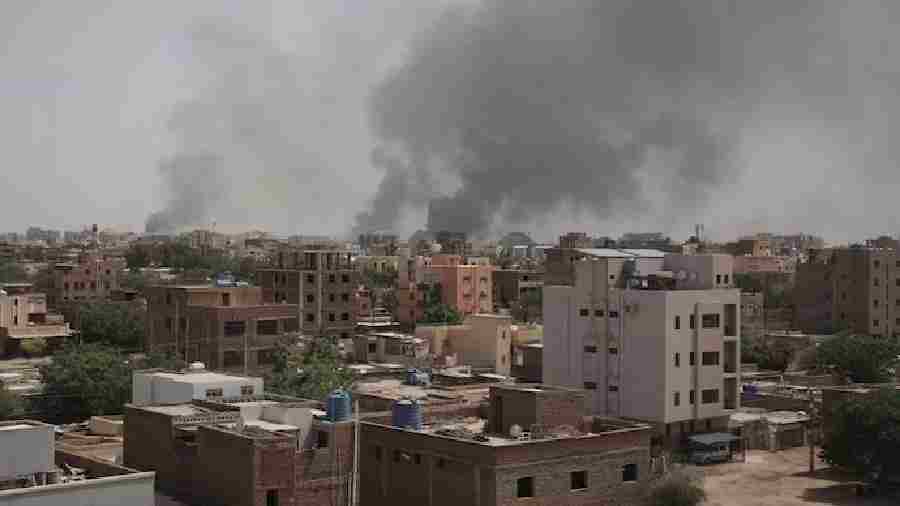As intense and bloody fighting continues on the streets of Sudan’s capital, Khartoum, many nations, including the United States of America, its European partners and countries in the Middle East, are evacuating their citizens from the troubled African nation. Yet, these steps — while understandable — carry a deep sense of irony. At the heart of Sudan’s latest crisis, in which more than 400 people have been killed, is an open conflict between the country’s military rulers and a notorious militia called the Rapid Support Forces that has been accused of major crimes in the Darfur region. But barely hidden beneath the surface of their tussle for control of Sudan is a familiar pattern that the world has seen in region after region: international players with their own strategic interests competing for influence in a troubled country by ignoring demands of local people. In 2019, after a popular revolt forced the long-time ruler, Omar al-Bashir, to leave office, Sudan’s military and the RSF partnered to set up an interim administration with a nominally civilian government. But it was clear from the beginning that both the military and the RSF were really interested in only splitting the spoils of power.
In 2021, that intent became even more obvious when they combined to orchestrate a coup against the civilian administration and formally took charge of the country. They laid out a timeline for democratic elections, but then repeatedly took steps to make that process a non-starter. But even as ordinary Sudanese people thronged the streets in protest, Western champions of democracy in the US and Europe paid lip service to those pleas instead of focusing on getting the army and the RSF to agree to a deal. Meanwhile, the United Arab Emirates hired RSF fighters as mercenaries to fight on its behalf in Yemen in another civil war. In the past, the controversial fighting force had been involved in European Union efforts to control migration from Africa. On the other side of the divide, Egypt — itself led by a general — is backing Sudan’s military and the Wagner Group, a Russian paramilitary force with close ties to the Kremlin, has reportedly offered weapons to the RSF while also working with Sudan’s military. Sudan’s people are, once again, being left to fend for themselves in a crisis not of their making, while those responsible greedily battle for power or walk away.











